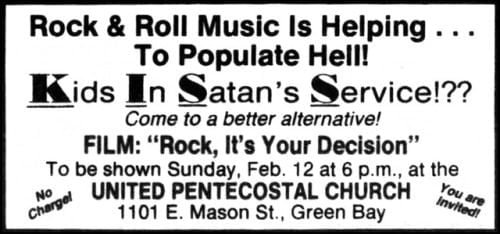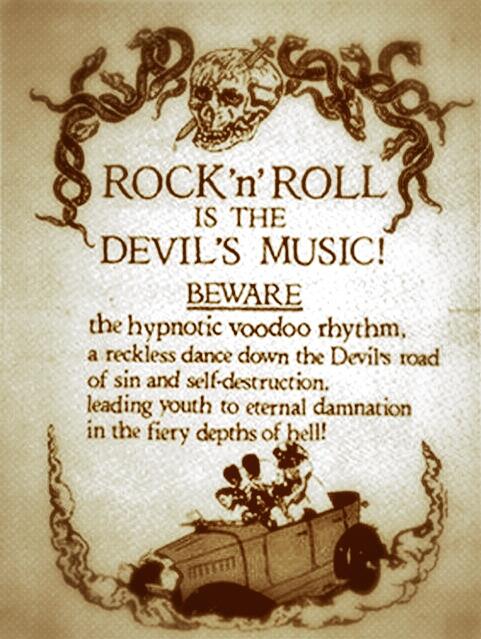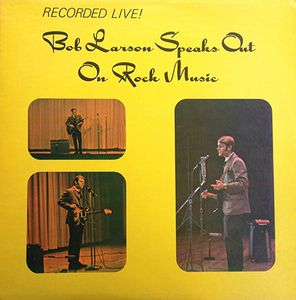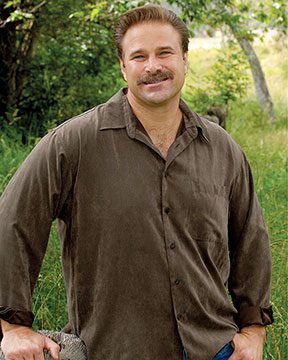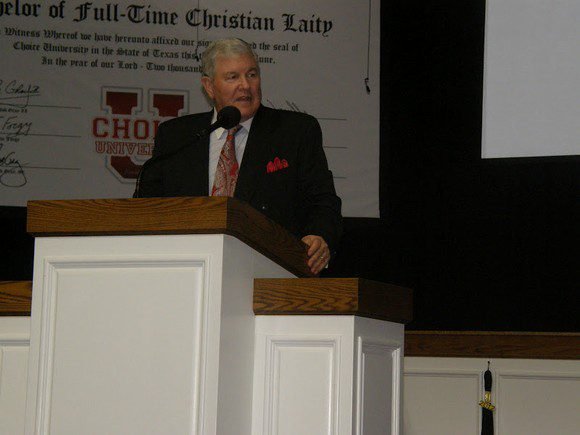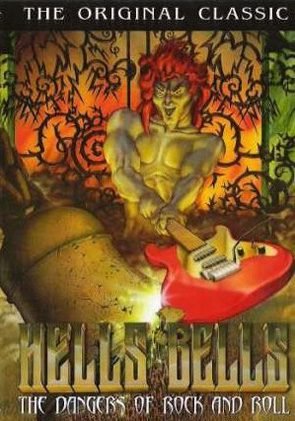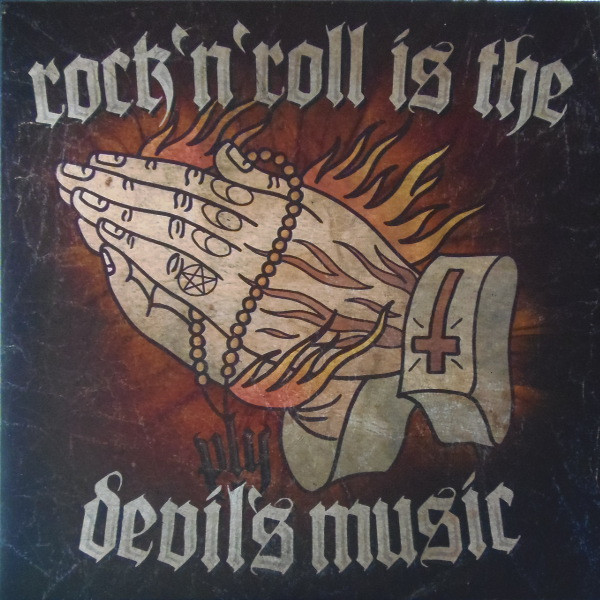
Love not the world, neither the things that are in the world. If any man love the world, the love of the Father is not in him. (I John 2:15)
Beware lest any man spoil you through philosophy and vain deceit, after the tradition of men, after the rudiments of the world, and not after Christ. (Colossians 2:8)
The Bible is clear: Christians are not to love the world (as a philosophical system), nor are they to love the things of the world. Christians are duty-bound to oppose the philosophies of the world (how the world thinks and reasons). Take the Independent Fundamentalist Baptist (IFB) church movement. The IFB church movement came into existence during the battle against modernism (liberalism) in the twentieth century. I came of age during the heyday of the IFB church movement. Many of the largest churches in the United States were IFB congregations. The 1960s-1980s brought explosive attendance growth. Today, the IFB church movement is a shell of what it once was. That said, there are still thousands of IFB churches in the United States, numbering in the millions attendance-wise. Bus ministries used to bring primarily children to church were once popular, but not so today. What remains the same is the IFB’s opposition to the “world.”
While it can be argued that Jesus (and later Paul) called on his followers to be counter-cultural, IFB churches tend to be anti-culture. Instead of learning to be sojourners in a strange land, IFB pastors teach church members to withdraw from the culture. I taught and believed for many years that Christians should avoid interaction with the world. Outside of buying necessities such as groceries and gas from “worldly” businesses, I believed Christians should seek out businesses that support or are friendly to their beliefs and practices. I eventually learned that this was impossible to do. As an Evangelical pastor (I left the IFB church movement in the 80s), I took a different approach. Instead of being anti-culture, I believed Christians should engage and influence our culture. This meant getting “worldly” for Jesus. Or as the one preacher who raced dirt track cars on Sunday evenings in the summer said, “Christians need to get dirty for Jesus.” (Both positions, by the way, are supported by Scripture.)
Most IFB churches and pastors are anti-culture. Instead of engaging culture, they withdrew, building a separate world for church members. That’s why the IFB church movement pushes private Christian education and homeschooling. Children are sheltered from the world. After graduation, many IFB children attend IFB (or other Fundamentalist) colleges. This means that many IFB children are in their 20s before they enter the “world” and have to fend for themselves. Many young IFB women graduate from high school, but don’t go on to attend college. They have been told their entire lives that God wants them to marry (preferably a preacher, missionary, or youth pastor), bear (lots of) children, keep the home by doing all the domestic work, and meet the every want/need of their husband — especially sexually. But, Bruce, didn’t your wife go to college? She did, but her reason for going to college was oh-so typical IFB: she went to Midwestern Baptist College to find and marry a preacher boy. Why? Because Polly believed God had called her to be a preacher’s wife. This is not surprising since she repeatedly heard growing up that “There’s no greater calling in life than to be a preacher’s wife.” (Boys heard similar claims. “There’s no greater calling, boys, than to be a preacher. You could become president, but that would be a step down from being a God-called preacher.”)
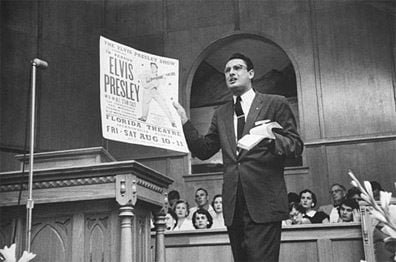
Many cradle IFB church members make it to the grave 60, 70, or 80 years later without being soiled from contact with the “world.” While people are free to live their lives as they wish, for many IFB congregants, they don’t know any other world but the IFB one.
For those of us raised in IFB churches, we heard countless sermons on the evils of the “world.” In particular, our pastors railed against rock music, calling it evil, immoral, and Satanic. What did teens and young adults do in such settings? Some of them, such as the Pollys and Bruces of the world, toed the line. Others tried to play by the rules, but failed. (And let me be clear, Polly and I were not pure as driven snow. We broke numerous dating rules in college that forbade any physical contact with the opposite sex.) And then, some youthful members ignored the preaching against the “world” and engaged in all the same behaviors as their counterparts in the “world.” What this led to, of course, was a lot of fear, guilt, and sneaking around.
IFB preachers know that that many church teens and young adults are NOT practicing what they preach from the pulpit. Pastors know that if they go to the church parking lot and turn on the radio in every car, that many of them would be tuned to “worldly” stations. So, IFB preachers turn to other approaches to the rock menance.
Some IFB preachers bring in alleged experts on the evils of rock music to teach churches about why it is a sin to listen to rock. The first such expert I heard was Bob Larson in 1971. Yes, THAT Bob Larson. Later, I heard David Benoit. Both men allegedly exposed the Satanic evil that was behind the music. Attendees were introduced to issues such as backmasking and syncopated beat. Congregants were called on to get rid of their rock records, either by putting them on the church altar or casting them in a fire.
Other IFB preachers encourage church parents to remove the radios from the cars of their children so they can’t listen to “worldly” music. One pastor I knew replaced the radios with cassette players. His children only listened to music he gave them. This, of course, did not keep his children from listening to the AC/DC or Beatles cassette tapes hidden underneath their seats. Teens gonna do, what teens gonna do, right?

Towards the end of my minsterial career, there was a shift in some IFB churches over rock music. Realizing their sermons were not having the desired effect and prohibition was a failure, some pastors and churches decided that what church youth needed was ALTERNATIVES to the world’s music. Young people were introduced to CCM (contemporary Christian music) music. Before long, many IFB churches were using drums and guitars in worship. (Many IFB churches objected to the CCM infiltration. Their services today are not much different from what they were sixty years ago.) What IFB preachers failed to see is that, YES, church youth would happily start listening to CCM, but they wouldn’t stop listening to the world’s music. All they did was add the CCM to their listening queue. (I managed a Christian bookstore in the late 80s. The store had a comparison chart on the wall that compared CCM bands to “worldly” bands. Like Simon and Garfunkel? You will like the Christian band, Small Town Poets.)
One unresolved issue for IFB preachers is that there is no singular definition for the word “world.” Go to an IFB preacher’s meeting and you will hear discussions about whether this or that is worldly. No two preachers or churches had the same list of worldly behaviors. While all IFB churches opposed rock music, others allow pop and country music. This debate over music reveals that churches are hopelessly divided over music. This suggests that rules/laws/standards about music are of human origin, governed by the theological interpretations and feelings of the men behind pulpits.
Bruce Gerencser, 68, lives in rural Northwest Ohio with his wife of 47 years. He and his wife have six grown children and sixteen grandchildren. Bruce pastored Evangelical churches for twenty-five years in Ohio, Texas, and Michigan. Bruce left the ministry in 2005, and in 2008 he left Christianity. Bruce is now a humanist and an atheist.
Your comments are welcome and appreciated. All first-time comments are moderated. Please read the commenting rules before commenting.
You can email Bruce via the Contact Form.

